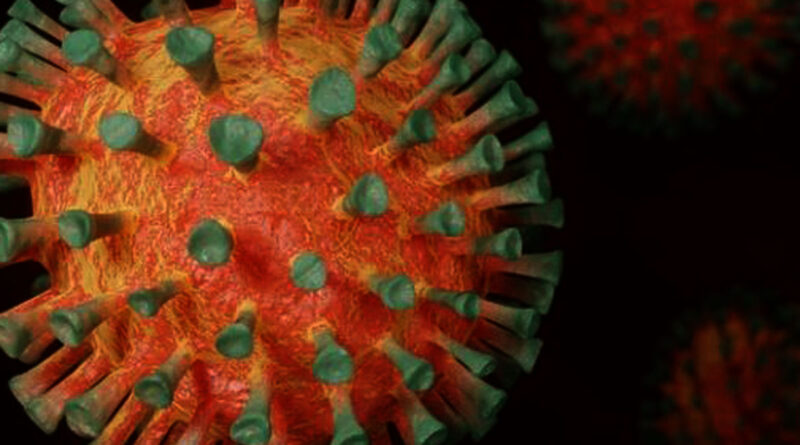Omicron: All you want to know about B.1.1.529
The WHO on Friday designated the variant in South Africa as a “variant of concern,” (VOC) named it “Omicron” after a letter in the Greek alphabet.
In a statement, the UN health agency said that “preliminary evidence suggests an increased risk of reinfection with this variant,” as compared to other variants. “The number of cases of this variant appears to be increasing in almost all provinces in South Africa,” the WHO said.
WHAT IS THIS NEW COVID-19 VARIANT?
Scientists in South Africa have identified a new version of the coronavirus – B.1.1.529. This new variant has resulted in spike in Covid- 19 infections in Gauteng — South Africa’s most populous province.
The B.1.1.529 variant was first reported to WHO from South Africa on 24 November 2021.
Countries banned flight from several southern African countries
Many countries have slapped restrictions on southern African countries including Australia, Brazil, Canada, the European Union, Iran, Japan, Thailand and the United States.
Omicron cases around world
Cases have been reported in UK, Belgium, Israel and Hong Kong. Germany also said it suspected a positive case and Dutch authorities were testing whether 61 people who arrived on two flights from South Africa with COVID-19 have the omicron variant.
DO we need to worry
The preliminary investigations suggest that this new variant has a high number of mutations – about 30 – in the coronavirus’ spike protein. The study suggests these mutations are “consistent with enhanced transmissibility.”
However, it is still too early to say that if these variant causes more severe disease.

